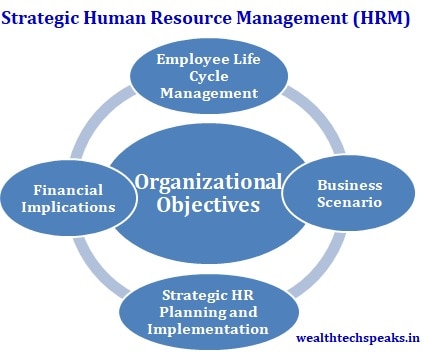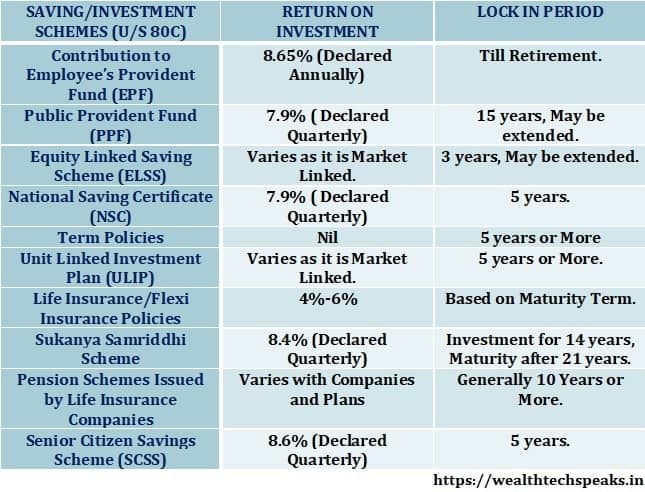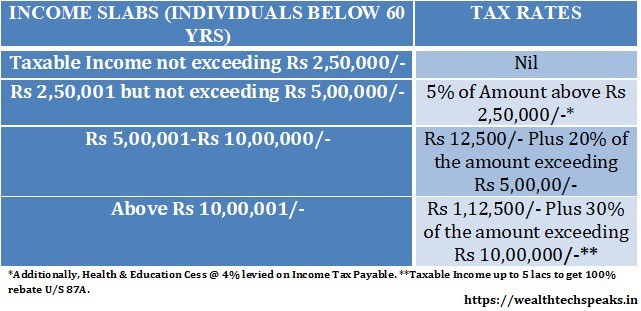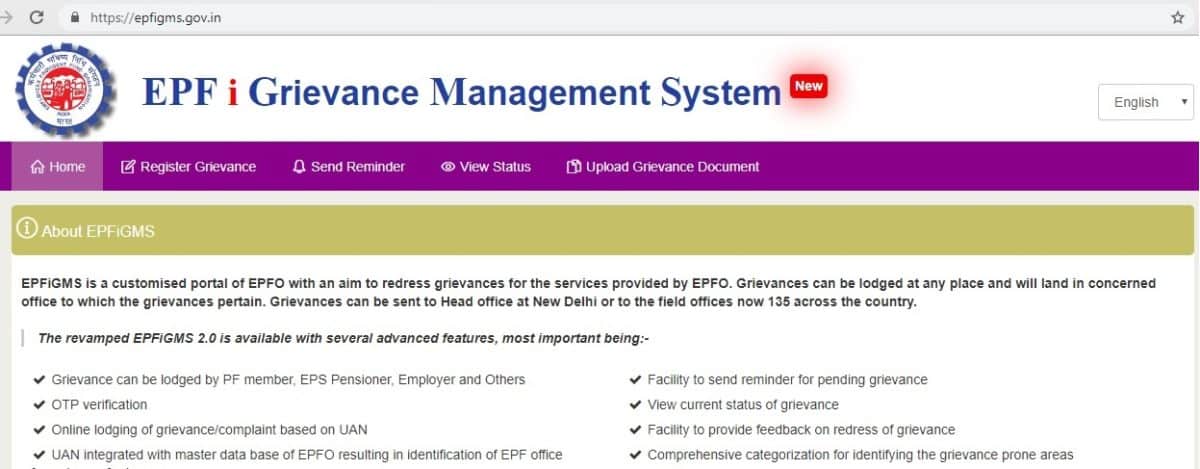
Equity Linked Saving Scheme (ELSS): An Investment cum Tax Saving Scheme
- Posted By Amritesh
- On April 30th, 2017
- Comments: 16 responses
Equity Linked Saving Scheme (ELSS) is equity oriented Mutual Fund scheme in which allocation is primarily made in to Equity market. In some of the Schemes partial allocation is also invested in debt instruments to provide more balance to the Fund. However since majority of the investment is allocated in equity it is highly volatile in nature and returns are dependent on the market performance. Thus the prices of the units keep fluctuating with the shifts in the Equity market. Although diversification of funds in equities across sectors reduces the risk. It is an open ended fund and can be subscribed at any point of time. The Funds have their Net Asset Value (NAV) which changes according to the market scenario and Investment uses the NAV for the purchase or sell of the units.
Reasons To Invest In ELSS: Features and Benefits
Reasons To Invest In ELSS: Features and Benefits
TAX BENEFITS
Income Tax Deduction is available U/S 80C up to Rs 1,50,000/- on investment in ELSS Fund. However the investment has a lock in period of 3 years. On redemption Capital Gain up to Rs 1,00,000/- is exempted from tax, while gains exceeding 1 lakh is taxed at 10% without indexation.
MODE OF INVESTMENT
The investment in ELSS may be made in lumpsum or via Systematic Investment Plan (SIP) wherein every month a certain amount is invested in the Fund. SIP is more feasible as the investment spreads over a longer period thereby it is able to perform better in turbulent market and the risk is minimized. The monthly investment is fixed but because the NAV fluctuates, the units purchased varies accordingly. This helps to average out investment and reduce the cost of investor. A minimum investment of Rs 500/- per month is required to participate in the Fund but no upper limit is set for investment.
TYPES OF INVESTMENT
ELSS basically offers two types of investments namely Growth Scheme and Dividend (Payout or Reinvestment) Scheme. Let’s take a close look at them….
Growth Scheme: In this scheme the investor does not receive any income or dividend during the tenure of investment. The accumulated lumpsum is paid at the time of redemption of the fund based of the prevailing NAV. This scheme is preferred by Investors who want to see their capital grow substantially and vest their money over a long period of time.
Dividend Schemes:-
(Payout): Here the income earned by the investment is given to the unit holder as and when the declaration of payment is made by the fund. This is the dividend paid on the return. This income is tax free in the hands of investor. When the income is negative it is implied that no dividend will be declared. This scheme suits people who have invested with the purpose to earn regular return from the investment.
(Reinvestment): In this scheme the dividends declared are reinvested into the fund at the prevailing NAV with the consent of the Investor. The dividend reinvested can be claimed as tax deduction by the investor as it is considered as fresh investment. This kind of investment is made when the investor wants to take advantage of the prevailing market situation or avail the tax deductions available.
Features of ELSS
- Funds are managed by professionals hired by the Asset Management Companies.
- Tax Deductions are available on the investments made under this Scheme.
- The lock in period of 3years is the minimum among other Tax saving Schemes (NSC, PPF etc).
- It is market linked and in the long run returns are better compared to NSC and PPF.
- It can be started with minimum investment of Rs 500/- per month.
- Income earned from the investment is Tax Free.
Investment in ELSS Fund
It is very simple. If one has a demat account then investment may be made online in ELSS Fund of your choice through it as per your choice. You can also invest through offline mode from your respective bank a/c which offers facilities to invest in ELSS. Investment may also be directly into the Funds via the respective Asset Management Company’s (AMC) portal.
Disclaimer: The information on this site is provided for discussion purposes only, and should not be misconstrued as investment advice. Under no circumstances does this information represent a recommendation to buy or sell securities. Readers are advised to research further to have more clarity on the topic. It is very important to do your own analysis and consult your Financial Advisor before making any investment based decision.
Subscribe
Login
16 Comments
oldest







